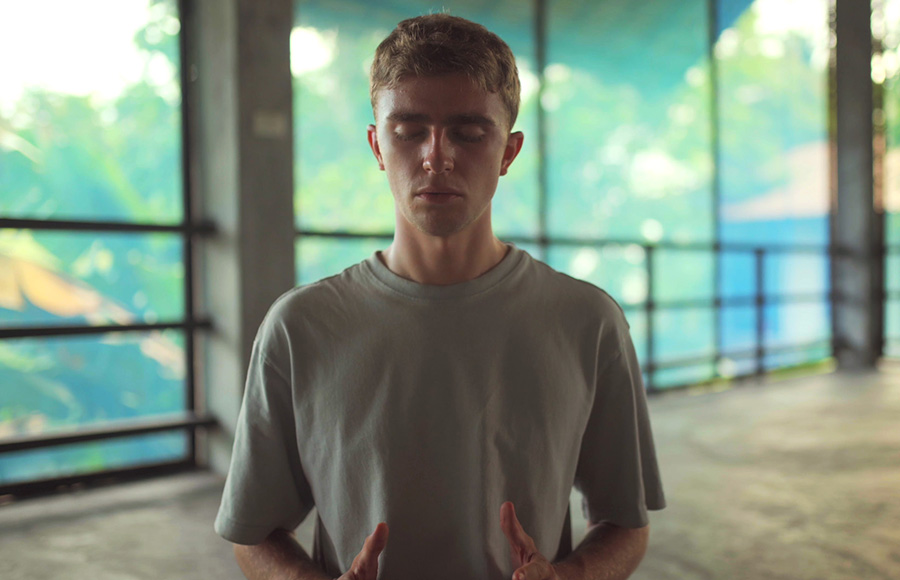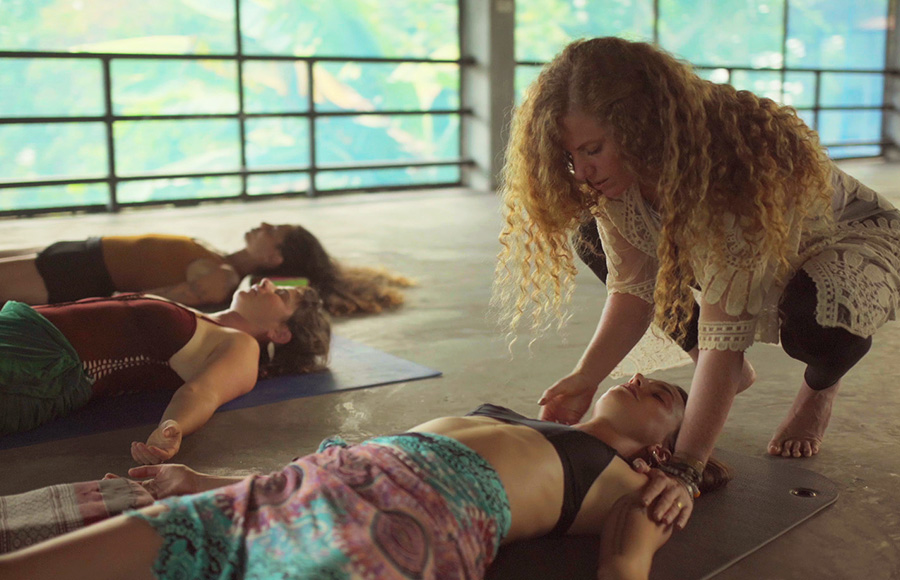Understanding the Link Between Neurodivergence and Substance Use
05 min read

Why Neurodivergent People Face Higher Risks of Addiction
Addiction affects people from all walks of life, but research consistently shows that individuals who are neurodivergent — including those with autism, ADHD, dyslexia, or sensory processing differences — are at significantly higher risk of substance misuse.
This is not because neurodivergence itself causes addiction, but because of the unique challenges neurodivergent people face, such as trauma, social exclusion, anxiety, and difficulty accessing inclusive healthcare. At Holina Rehab Thailand, we understand this connection and provide tailored, trauma-informed treatment to break the cycle.
The Science Behind Neurodivergence and Addiction
Several factors explain why neurodivergent people may be more vulnerable to substance use:
Coping with Trauma
Many neurodivergent individuals experience bullying, neglect, or exclusion in childhood, leading to adverse childhood experiences (ACEs). Substances may be used to numb these painful memories.Self-Medication for Emotional Regulation
ADHD and autism often involve challenges with regulating emotions. Alcohol or drugs may feel like a way to manage anxiety, depression, or overstimulation.Masking and Burnout
Constantly trying to “fit in” by masking autistic or ADHD traits can lead to exhaustion and mental health struggles, with substances used as relief.Co-Occurring Conditions
Anxiety, depression, and PTSD are common in neurodivergent populations, increasing vulnerability to addiction.
ADHD and Substance Use
People with ADHD are 2–3 times more likely to misuse substances compared to neurotypical peers.
Impulsivity and sensation-seeking behaviors make experimentation with drugs or alcohol more likely.
Co-occurring conditions, such as depression, amplify risks.
Autism and Substance Use
Autistic adults are up to 4x more likely to develop PTSD, a known risk factor for substance misuse.
Some autistic individuals use substances to reduce sensory overwhelm or manage social anxiety.
Others may struggle with addiction after being misunderstood or isolated.

Why Inclusive Rehab Matters
Traditional rehab programs often overlook these risk factors, treating addiction without addressing the root causes. This can lead to:
Misdiagnosis (mistaking autism traits for behavioral issues)
Rigid treatment models that don’t adapt to client needs
Environments that trigger sensory overload or retraumatization
At Holina Rehab, we provide neurodivergence-friendly rehab programs that integrate trauma therapy, holistic healing, and sensory-sensitive environments.
Holina Rehab’s Tailored Support for Neurodivergent Clients
Trauma-informed psychotherapy and EMDR to heal root causes.
Holistic therapies like yoga, meditation, and art therapy to build emotional regulation.
Unique water-based therapies (Aqua Tuning, Integrative Water Therapy) for deep somatic healing.
Flexible, inclusive care that adapts to ADHD, autism, and other neurodivergent needs.

Breaking the Cycle: How Recovery Becomes Possible
Recovery for neurodivergent people requires:
Safe, sensory-friendly environments
Staff trained to recognize and respect neurodiverse needs
Holistic programs that heal both body and mind
A sense of community and belonging
Holina provides all of this in an inclusive, compassionate setting on the tropical island of Koh Phangan.
FAQs About Neurodivergence and Addiction
Q1: Does neurodivergence cause addiction?
No. Neurodivergence itself does not cause addiction, but related factors such as trauma, exclusion, and emotional regulation challenges increase risk.
Q2: Are autistic people more likely to struggle with substance use?
Yes. Studies show autistic adults are more likely to develop PTSD, depression, and anxiety — all of which increase addiction risk.
Q3: Why do people with ADHD have higher rates of addiction?
Impulsivity, sensation-seeking, and co-occurring mental health conditions make ADHD a strong risk factor for substance misuse.
Q4: How does Holina adapt treatment for neurodivergent clients?
Through trauma-informed therapy, sensory-friendly spaces, holistic healing, and flexible pacing.
Q5: Can inclusive rehab improve long-term outcomes?
Yes. Neurodivergence-friendly programs reduce relapse risk and improve engagement, leading to more sustainable recovery.
Conclusion: Addressing the Link for Better Recovery
The connection between neurodivergence and substance use is clear — and it requires inclusive, trauma-informed rehab programs that address the root causes. At Holina Rehab Thailand, we provide a safe, healing environment where neurodivergent clients can recover with dignity and support.
📞 Ready to Begin?
Contact Holina Rehab today to start your healing journey:
Phone: +66 (0) 626 418 369
Email: info@holinarehab.com
Website: www.holinarehab.com
About Me
Sandy
Recent Blogs
-
29 Jan, 2026
The Ultimate Guide to 12-Step Rehab in Thailand





























